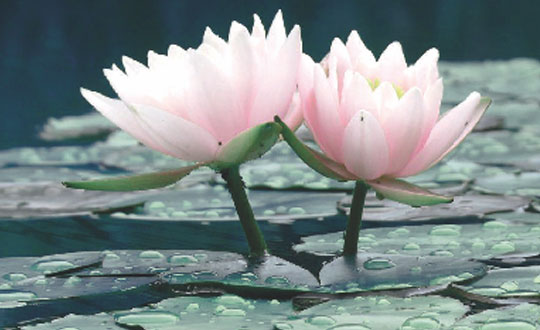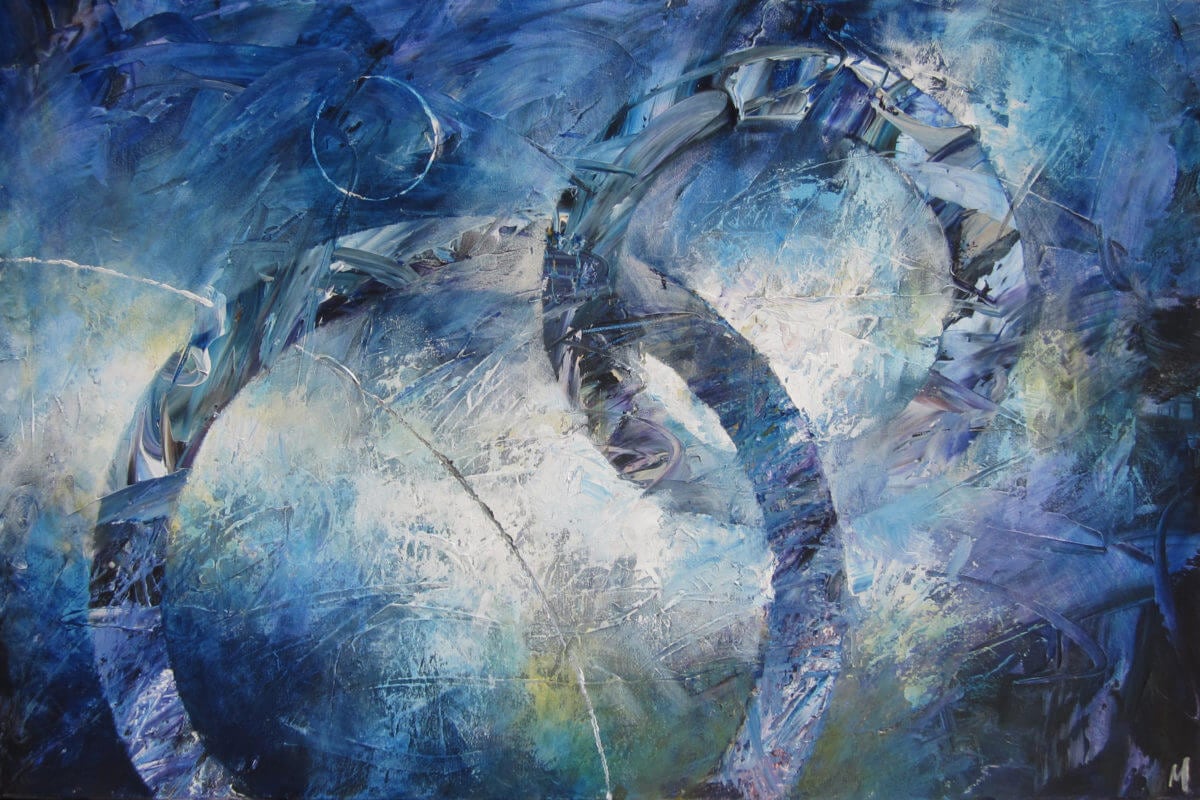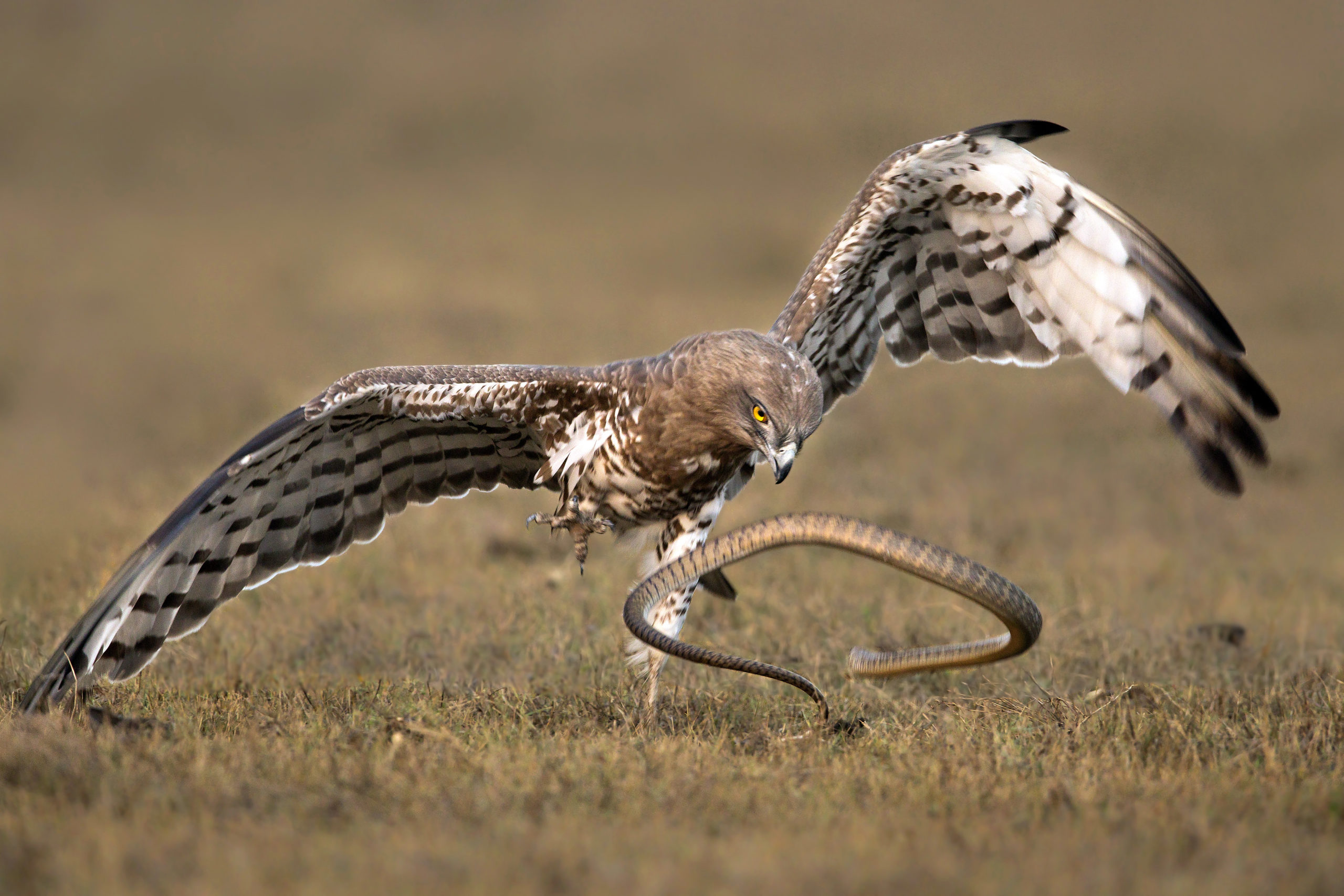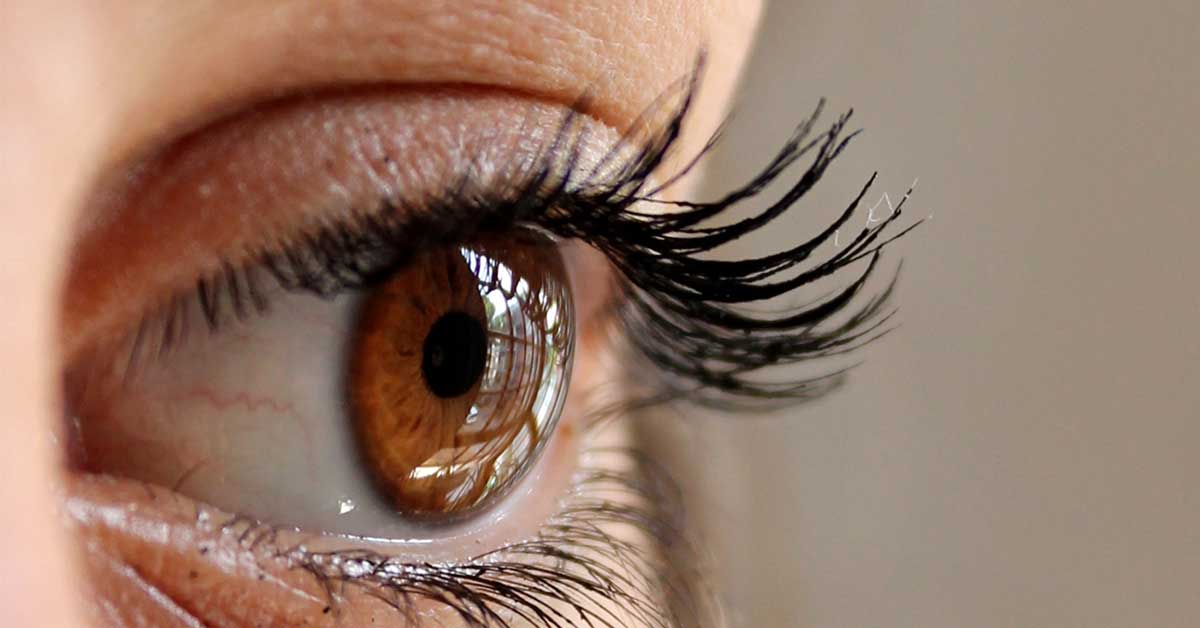Cultures across the globe maintain that creation emerged from water and at the time of Mahapralay/doomsday, merges back into it, the water being the seat of the preserver, the one who runs the creation. Water has been the cradle of civilization since the beginning, with all major civilizations coming up along river beds. In the human body, water is the governing element of the Swadishthan chakra, responsible for procreation, for a new life.
Likewise water plays a significant role across religions and cultures in practices to connect with energies that run creation. While on this side of Indus, we call it the holy dip, where people stand in waist deep water to offer water to the supreme energy (tarpan), in Judaism and Christianity immersion ritual is seen as a symbol of regeneration and purity. Water is also one of the symbols used to represent the Holy Spirit. The Islamic religion has largely remained confined to an arid geographical area where water is considered a divine gift, which should be carefully managed. For Muslims too, ritual bathing is of great importance. According to Islamic teachings, no one can own or possess water since it is a divine gift. The Koran also states that whosoever pollutes water will be severely punished.
Cleansing and purification with water is emphasized across religions. According to Buddhism, water is a symbol of purity and in the Buddhist New Year it is celebrated in a special rite. One finds the holy water in temples as well as churches. Islam prescribes the ablutions of ghusl and wudu. Before a yagya, the sadhaks take in water thrice (aachman) and throw it over their head, as a mark of purification before interaction with energies. In most Western churches today Baptism is performed by pouring water over the head three times (affusion) and sometimes sprinkling water over the head (aspersion).





